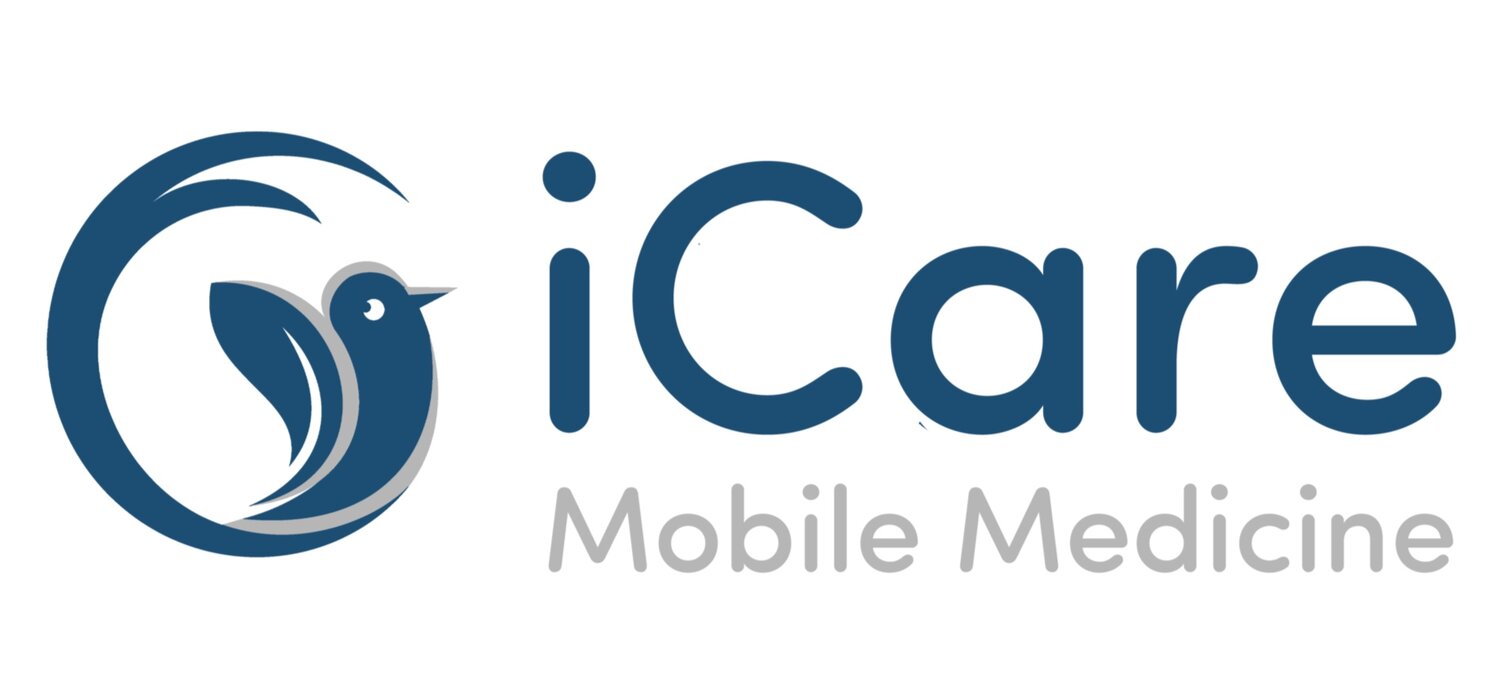Fever
A fever is a higher-than-normal body temperature, one of the body’s natural responses to infection. A low-grade fever isn't usually a cause for concern, but a temperature 102°F and above should be treated.
What is a fever?
A fever is a higher-than-normal body temperature. It’s a sign of your body's natural fight against infection.
For adults, a fever is when your temperature is higher than 100.4°F.
For kids, a fever is when their temperature is higher than 100.4°F (measured rectally); 99.5°F (measured orally); or 99°F (measured under the arm).
The average normal body temperature is 98.6° Fahrenheit (or 37° Celsius). When you or your child’s temperature rises a few degrees above normal, it’s a sign that the body is healthy and fighting infection. In most cases, that’s a good thing.
But when a fever rises above 102°F it should be treated at home and, if necessary, by your healthcare provider if the fever doesn’t go down after a few days.
What do I do when my child has a fever?
With most cases, a slight fever isn’t a cause for concern with children. A low fever can make a child uncomfortable, it isn’t unusual for them to seem unaffected, still playful and eating and drinking normally, though maybe a bit more tired. Their fever should resolve in a few days.
With higher fevers, call your child’s healthcare provider if:
Your child’s fever lasts more than five days.
It’s higher than 104°F.
The fever is not reduced by medications such as ibuprofen or acetaminophen. (Do not give a child under 17 aspirin due to the risk of Reye's syndrome.)
You are concerned that the child isn’t behaving in their usual way, or anything else makes you uncomfortable with their fever or illness.
Some children have a frightening side effect to fever called febrile seizures. This happens in 2% to 4% of children under age 5. Some seizures cause jerking movements, or it may look like your child has passed out. When this happens put your child on their side, do not put anything in their mouth and call 911 if the seizure lasts more than five minutes and/or the child’s lips turn blue.
If it lasts less than five minutes, notify your healthcare provider and go out and get medical attention right away.
Fever symptoms
The main symptoms of a fever include:
Elevated temperature (above 100.4°).
Chills, shivering, shaking.
Body aches and headaches.
Fatigue (tiredness).
Intermittent or constant sweating.
Flushed complexion or hot skin.
When to seek care
Fevers by themselves may not be a cause for alarm — or a reason to call a doctor. Yet there are some circumstances when you should seek medical advice for your baby, your child or yourself.
Infants and toddlers
A fever is a particular cause for concern in infants and toddlers. Call your baby's health care provider if your child is:
Younger than 3 months old and has a rectal temperature of 100.4 F (38 C) or higher.
Between 3 and 6 months old and has a rectal temperature higher than 102 F (38.9 C) or has a lower temperature but seems unusually irritable, sluggish or uncomfortable.
Between 7 and 24 months old and has a rectal temperature higher than 102 F (38.9 C) that lasts longer than one day but shows no other symptoms. If your child also has other signs and symptoms, such as a runny nose, cough or diarrhea, you can call sooner.
Children
There's probably no cause for alarm if your child has a fever but is responsive. This means your child makes eye contact with you and responds to your facial expressions and to your voice. Your child may also be drinking fluids and playing.
Call your child's health care provider if your child:
Is listless, confused or has poor eye contact with you.
Is irritable, vomits repeatedly, has a severe headache, sore throat, stomachache or other symptoms causing a lot of discomfort.
Has a fever after being left in a hot car. Seek medical care immediately.
Has a fever that lasts longer than three days.
Has a seizure associated with the fever. Call 911 if the seizure lasts more than five minutes or your child doesn't recover quickly.
Ask your child's health care provider for guidance in special circumstances, such as a child with immune system problems or with a preexisting illness.
Adults
Call your health care provider if your temperature is 103 F (39.4 C) or higher. Seek immediate medical attention if any of these signs or symptoms accompanies a fever:
Severe headache
Rash
Unusual sensitivity to bright light
Stiff neck and pain when you bend your head forward
Mental confusion, strange behavior or altered speech
Persistent vomiting
Difficulty breathing or chest pain
Abdominal pain
Pain when urinating
Convulsions or seizures
Resources:
